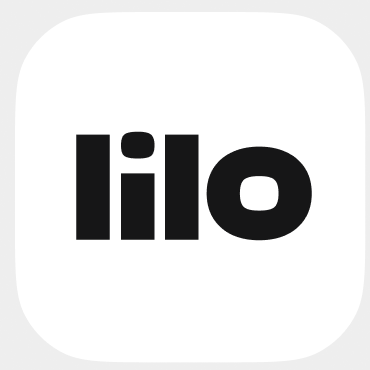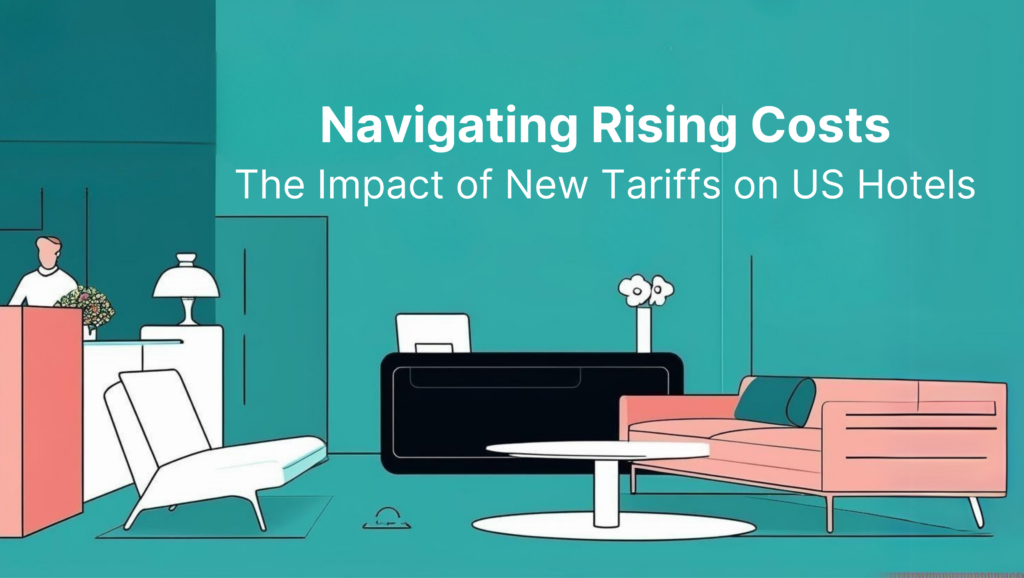Key Areas of Impact
Higher Costs for Construction and Renovations Essential construction materials like steel, aluminum, and lumber are among the most impacted by tariffs. Hotels face increased expenses for new builds and potential renovation delays, tightening project budgets significantly. (Read more: Hotel Dive)
What you can do: Diversify suppliers by considering alternative sources from within the U.S. or countries unaffected by tariffs. Consider delaying non-critical renovations until pricing stabilizes.
Rising Prices for Furniture, Linens, and Amenities Many hotels rely on imports from Canada and Mexico for furniture, linens, and amenities. As tariffs increase, costs rise for room furnishings, bath towels, paper products, and other essentials, impacting guest experiences and profitability. (Read more: CoStar)
What you can do: Consolidate purchasing to leverage volume discounts from fewer suppliers or source locally-produced goods where feasible to mitigate tariff impacts.
Food & Beverage Supply Chain Disruptions The hospitality industry depends heavily on imported seafood, dairy, produce, and meats from Canada and Mexico. Tariffs are leading to higher menu prices, ingredient substitutions, and operational adjustments, especially challenging for properties with multiple dining outlets. (Read more: SupplyChainDive)
What you can do: Work closely with culinary teams to develop flexible menus that can easily adapt to ingredient substitutions. Establish relationships with local producers and suppliers to reduce reliance on tariffed imports.
Increasing Procurement Complexity Hotel procurement teams must navigate increased complexity due to fluctuating prices. Tracking costs closely, developing relationships with new suppliers, and negotiating carefully become essential strategies to effectively handle these tariff-driven challenges.
Strategy Suggestion: Implement more frequent reviews of supplier agreements and actively engage in ongoing price negotiations. Consider investing in procurement training to improve negotiation skills and supplier relationship management.
How Lilo Helps Hotels Stay Agile
Procurement flexibility is vital in managing the tariff impact on hotels. Lilo’s real-time price tracking, automated approvals, and vendor management tools help hotels adapt quickly to cost fluctuations and identify savings opportunities. Centralized procurement empowers informed decisions, reducing expenses and enhancing efficiency as tariffs reshape the supply chain.
Lilo equips hotels with essential resources to efficiently manage these new financial pressures, ensuring smoother operations despite challenging tariff conditions.
#HotelProcurement #HospitalityIndustry #TradeTariffs #CostControl

